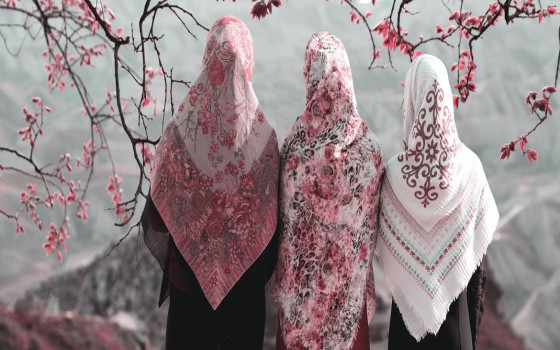
Human Rights Office in Geneva: Violent crackdown on women and girls in Iran due to hijab laws

- Europe and Arabs
- Saturday , 27 April 2024 12:57 PM GMT
Geneva: Europe and the Arabs
The Office of the United Nations High Commissioner for Human Rights said it had received information that uniformed and plainclothes police in Iran were carrying out a violent crackdown across the country against women and girls under strict hijab laws, as well as against the men who support them.
Jeremy Lawrence, spokesman for the United Nations High Commissioner for Human Rights, said at a press conference in Geneva that the Office had received reports of widespread arrests and harassment of women and girls, many of whom were between 15 and 17 years old.
He said that on April 21, the commander of the Islamic Revolutionary Guard Corps in Tehran announced the creation of a new body to enforce existing mandatory hijab laws, and that IRGC members had been trained to do so “in a more serious manner” in public places. According to what was stated in the United Nations daily news bulletin, a copy of which we received this morning
Reports indicate that hundreds of businesses have been forcibly closed for failure to enforce mandatory hijab laws, and surveillance cameras are being used to identify female drivers who do not abide by the laws.
A worrying bill
Lawrence said in the statement that the United Nations Human Rights Office is deeply concerned that the draft law on “Supporting the Family by Promoting a Culture of Chastity and Hijab,” which imposes more stringent penalties, is approaching final approval by the Guardian Council.
He added that although the latest draft of the bill has not been made public, the previous version stipulates that those found guilty of violating the mandatory dress code could face up to 10 years in prison, flogging and fines.
The speaker warned that corporal punishment represents a form of cruel, inhuman or degrading treatment or punishment, and that any detention imposed against the exercise of fundamental freedoms is arbitrary under international law, reiterating the call to put this draft law aside.
Death penalty against an Iranian singer
UN High Commissioner for Human Rights Volker Türk called on the Iranian government to eliminate all forms of discrimination and gender-based violence, including by reviewing and repealing harmful laws, policies and practices, in line with international human rights norms and standards.
A spokesman for the Human Rights Office said that this week they also received reports that the Revolutionary Court in Isfahan had sentenced to death rapper Tomag Salehi, who was convicted and sentenced for “spreading corruption on earth” due to opinions he expressed in the context of the nationwide protests in 2022 after the death of... Gina Mahsa Amini.
Mahsa Amini had fallen into a coma while in detention after she was arrested by the morality police for not wearing the hijab properly.
Lawrence said that the High Commissioner urges the authorities to annul the sentence issued against Tomaj Salhi, and calls for his immediate and unconditional release, as well as the release of all individuals imprisoned for exercising freedom of opinion and expression, including artistic expression.
It is noteworthy that nine men have already been executed in connection with the 2022 protests.
The High Commissioner for Human Rights urged the Iranian government to immediately halt the application of the death penalty and impose a ban on its use. She stressed that until then, the death penalty may only be imposed for the “most serious” crimes, which refers to extremely serious crimes that intentionally and directly result in death.


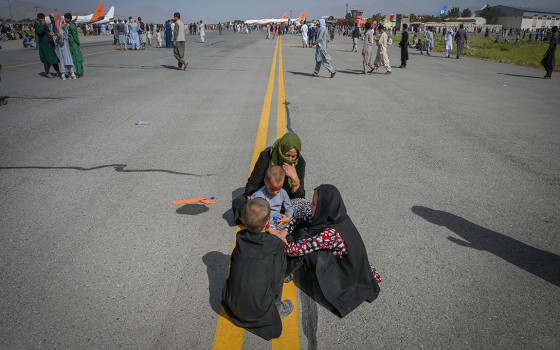
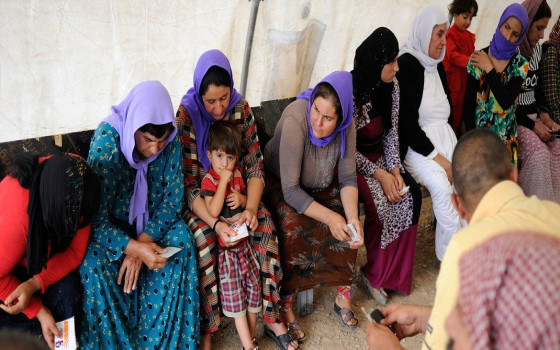
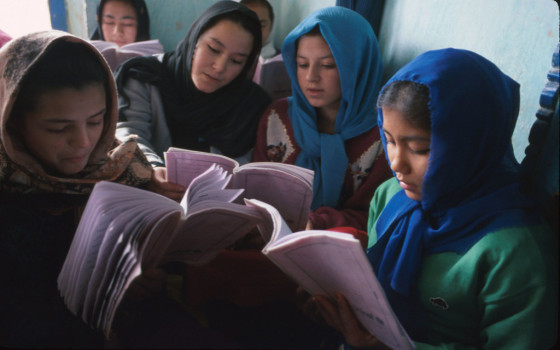
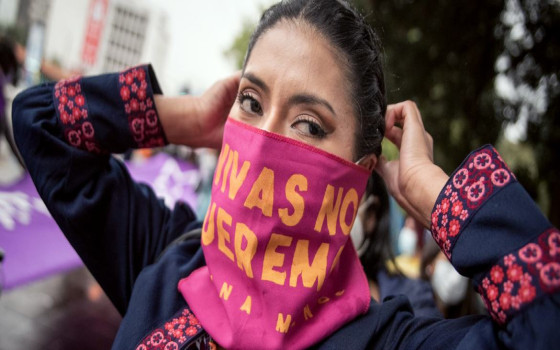
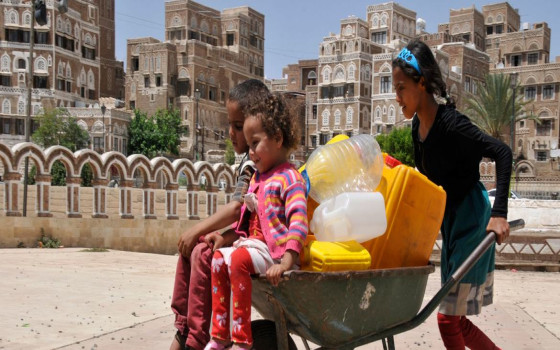
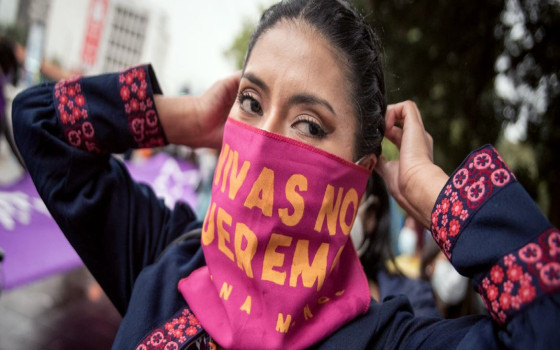
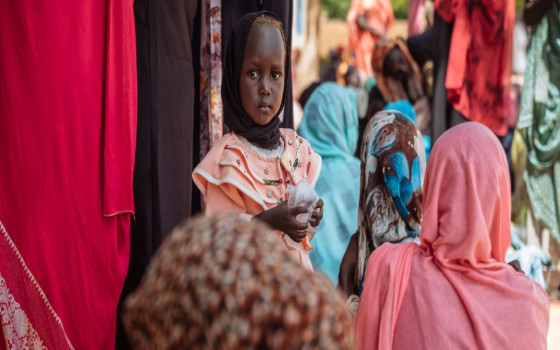
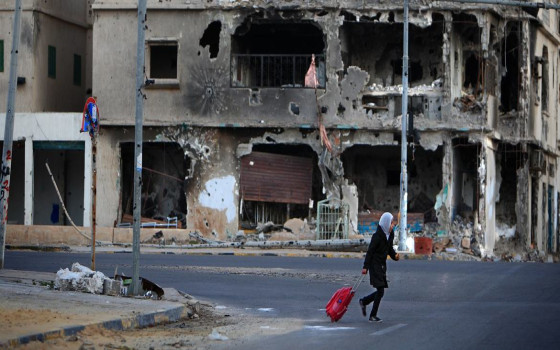
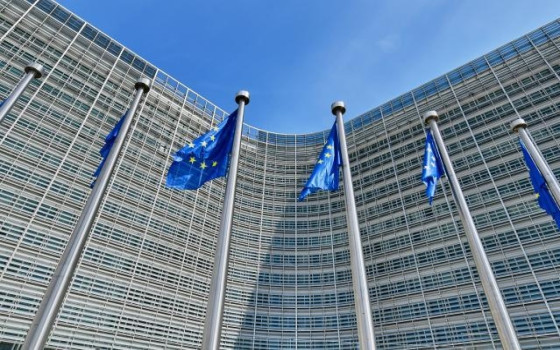
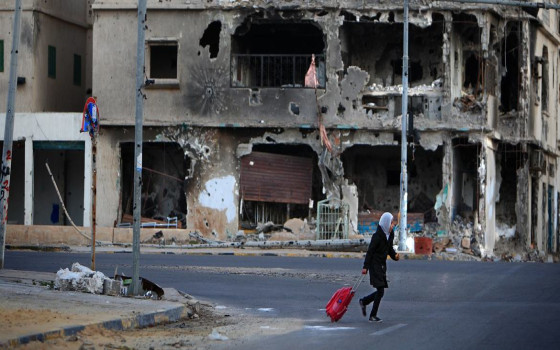
No Comments Found